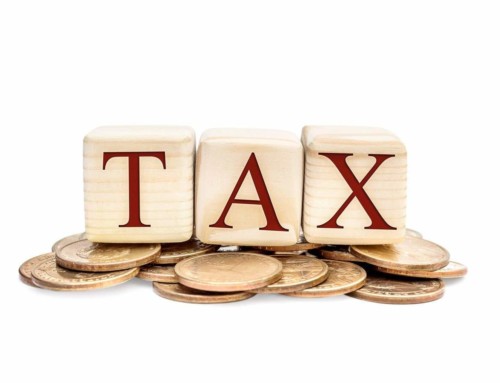Finance Minister Tito Mbweni delivered his speech on the 21st of February 2019.
GDP Growth is expected at 1.2% for 2019. To address the low economic growth, there is a big focus on reform of state-owned companies (especially Eskom) and the commencement of an infrastructure fund.
Eskom will be broken up in three divisions to address its debt burden. A summit will be held to discuss the future of state-owned enterprises.
The Government is partnering with the private sector, development finance institutions and multilateral bank to create the infrastructure fund. The fund aims to increase the number of blended-finance projects to enhance oversight, improve speed and quality of spending, and reduce costs in public infrastructure. Over the next three years, the government infrastructure plans amount to R526 billion.
On the tax side, the changes were kept to a minimum. The tax proposals made are:
- The carbon tax will be implemented on 1 June 2019;
- The Fuel Levy is increased by 29c/litre;
- Excise duties on alcohol and tobacco products is increased between 7.4% and 9%;
- The threshold of personal income taxes are increased and is as follow:
| Age | Threshold in 2018 | Threshold in 2019 |
| Below age 65 | R78,150 | R79,000 |
| Age 65 and over | R121,000 | R122,300 |
| Age 75 and over | R135,300 | R136,750 |
- The medical tax credit has not been increased as announced in the 2018 budget to generate additional revenue and help with the rollout of the national health insurance;
- The eligible income bands for the employment tax incentive have been increased;
- White bread flour, cake flour and sanitary pads have been added to the list of zero-rated VAT items;
- Sugar-tax is increased to 2.21 cents per gram in excess of 4 grams of sugar per 100ml from 1 April 2019
Some of the additional proposals made for the next cycles, which we believe are important to keep in mind are the following:
- From 1 March 2020, South African residents who spend more than 183 days in employment outside the country will be subject to South African taxation on any foreign employment income that exceeds R1 million. To prevent monthly withholding of income tax both in South Africa and the host country, it is proposed that South African employers be allowed to reduce their monthly local pay-as-you-earn (PAYE)withholding by the amount of foreign taxes withheld on the employment income.
- Once a member of a retirement fund retires and receives an annuity as a retirement benefit, any contributions to the retirement fund that did not qualify for a deduction when determining the member’s taxable income are tax-exempt. This exemption does not apply to annuities received from a provident or provident preservation fund. To encourage annuitisation (regular payments in retirement), it is proposed that this exemption be extended to provident and provident preservation fund members who receive annuities. The exemption would apply for contributions made after 1 March 2016.
- Members of a pension fund can deduct contributions to their retirement funds from their taxable income when determining their monthly employees’ tax and annual income tax payable. Upon the death of a member, the surviving spouse may be entitled to receive a monthly spousal pension from the retirement fund. These spousal pension payments are subject to PAYE by the retirement fund. If the surviving spouse also receives a salary or other income, it is added to the spousal pension to determine his or her correct tax liability on assessment. The result of the assessment is often that the surviving spouse has a tax liability that exceeds the employees’ tax withheld by the employer and retirement funds during the year of assessment, since the aggregation of income pushes them into a higher tax bracket. In most cases, the surviving spouse does not foresee the additional tax liability and does not save money to settle the liability. This creates a cash flow burden and a tax debt for the surviving spouse. It is proposed that: 1) Surviving spouses are provided with effective communication relating to tax and financial issues, 2) The monthly spousal pension be subject to PAYE withholding at a specified flat rate, 3)Tax rebates should not be taken into account in the calculation of spousal pensions. Any PAYE excessively withheld as a result of this proposal will be refunded upon assessment.
If you have any queries regarding the effect of the budget on your financial planning please feel free to contact us.





